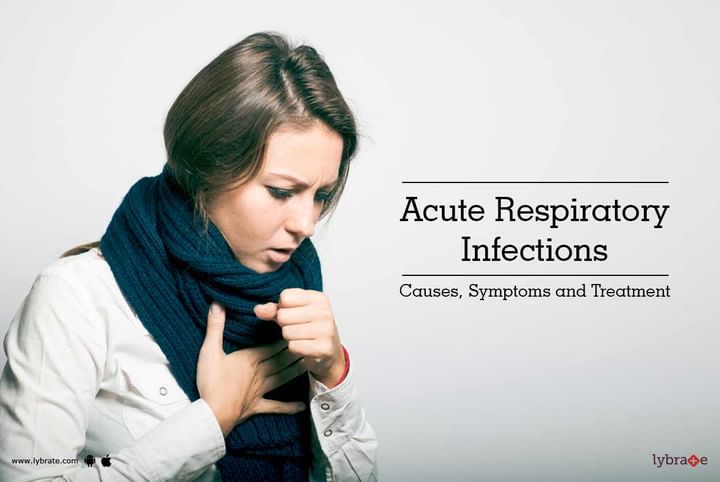Acute Respiratory Infections: Causes, Symptoms and Treatment
Recent years have witnessed the severity of acute respiratory infections. The main cause is exposure to more of respiratory Infection causing microorganisms. Everyone is at a high risk of exposure. The infections can affect all age groups equally. Therefore, you must know all about acute respiratory infections.
Acute respiratory infections may interfere in normal breathing. The infection often starts as a viral infection in the nose, trachea (windpipe) or in the lungs. In cases of non treatment, the infection spreads to the entire respiratory system. The infections are transmissible.
Causes:
There are many respiratory infections of which causes are unknown. However, a few known viral causes are as follows:
- Adenoviruses: These viruses are known to have over 50 different types of viruses causing common cold, bronchitis as well as pneumonia.
- Rhinoviruses: These viruses cause common cold. Those individuals, be it young or old, who have a weak immune system can have an acute respiratory infection.
- Influenza virus: This is also known as Orthomyxovirus with six types of viruses, such as Type A, B and C, Isa Virus, Thogoto Virus and Coronavirus. Out of these, Type A is known to cause a severe disease.
- Enterovirus: This virus is associated with several human and mammalian diseases, including acute respiratory infection.
- Respiratory syncytial virus: This virus causes respiratory tract infections in the lower respiratory tract.
Bacterial causes are as follows:
- Bacillus anthracis
- Bordetella pertussis
- Corynebacterium diphtheria
- Pneumococcus: It is a cause of meningitis and Pneumonia.
- Streptococcus pyogenes
- Haemophilus influenzae
Symptoms:
Few of the prominent symptoms are as follows:
- Itchy, watery eyes - Soreness behind eyes and often conjunctivitis
- Nasal discharge and congestion
- Sneezing
- Having Sore throat
- Coughing
- Severe headache
- Fever
- Malaise
- Fatigue
- Muscle pain
- Diagnosis
The first thing that the doctor tends to check is the breathing pattern of the patient, followed by a number of checks:
- Fluid and inflammation in the lungs
- Nose and throat checks
- X-ray or CT scan would be required to check the condition of the lungs in advanced cases
There could be complications such as respiratory failure, respiratory arrest or congestive heart failure
Treatment:
Ideally for viruses, there isn't any cure. Medications that are prescribed are for the symptoms.
- Cautious use of antibiotics for the symptoms can reduce adverse effects as well as decrease costs. It will also reduce drug resistance.
- A single oral dose of nasal decongestant used in common cold could be moderately effective to aid congestion in grown-ups for a short period.
- Alternate medications, such as the use of vitamin C help in the inhibition and cure of upper respiratory infections.
Prevention:
- Probiotics and vaccination are available for certain infections such as URTIs, Adenoviruses and Streptococcus pneumoniae.
- Best prevention is to boost your immune system.
If you wish to discuss about any specific problem, you can consult a doctor.



+1.svg)
